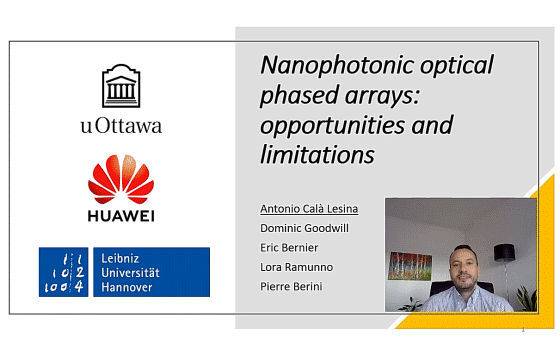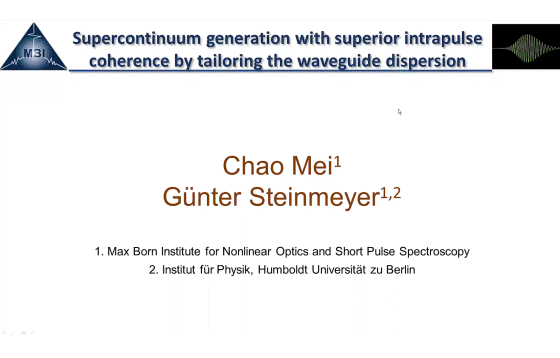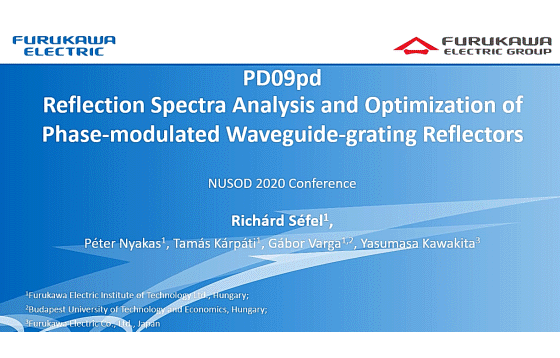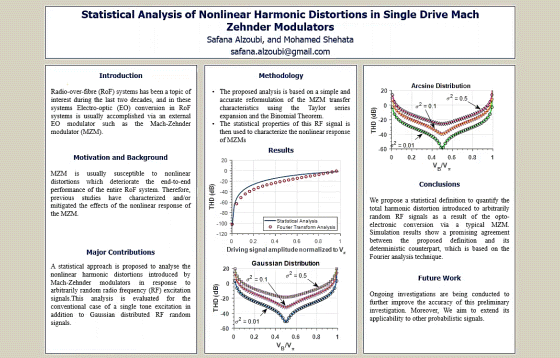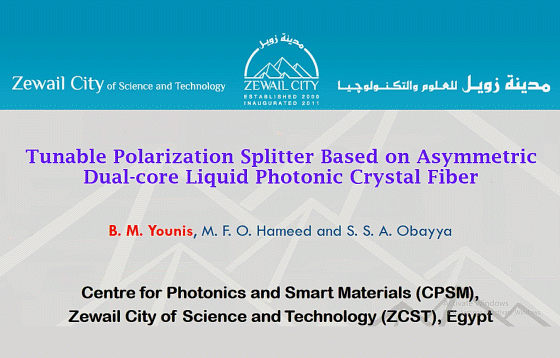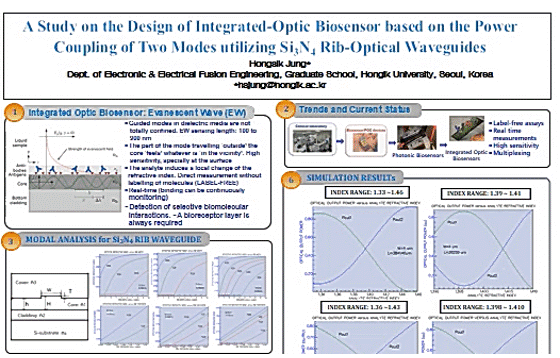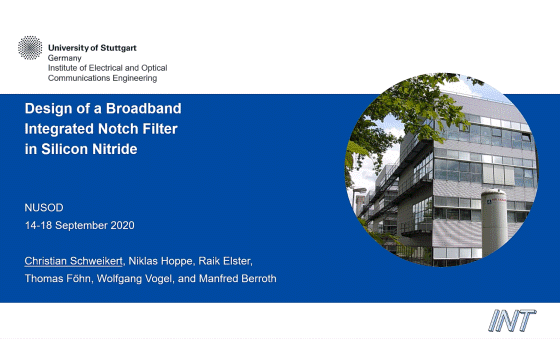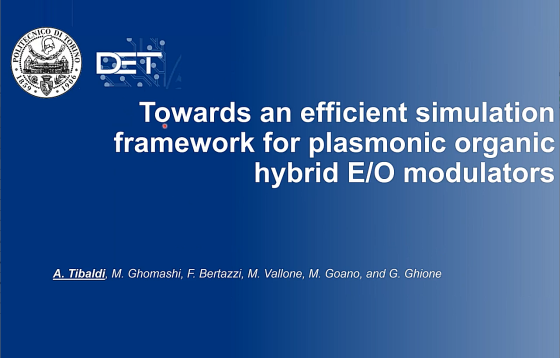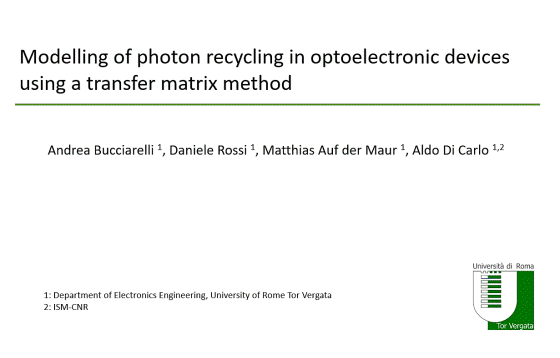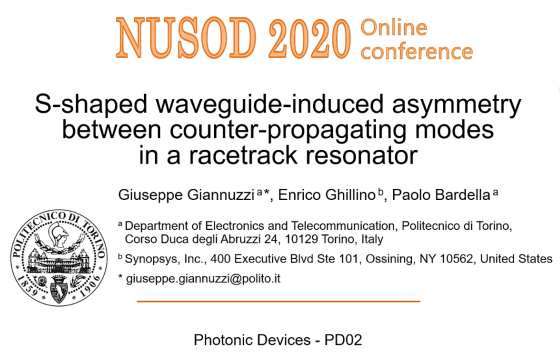PD01–Nanophotonic optical phased arrays: opportunities and limitations
Optical phased arrays can steer a beam without mechanical rotation, thus achieving a very rapid scanning rate. The core element of an optical phased array is the pixel (unit cell) and its ability to control the phase and amplitude of the emitted/scattered light. We discuss the role of nanophotonics in achieving pixels that are small […]




